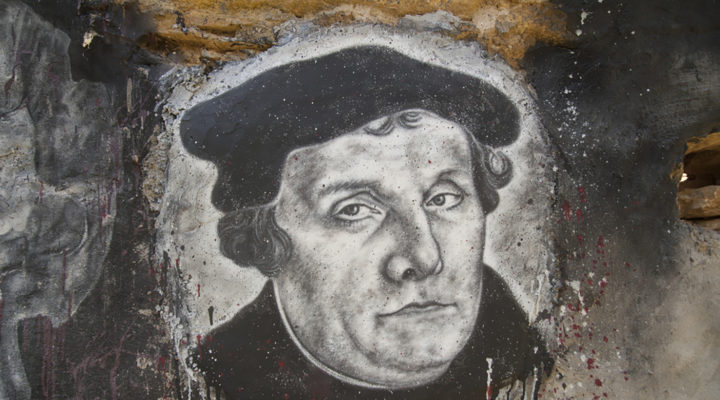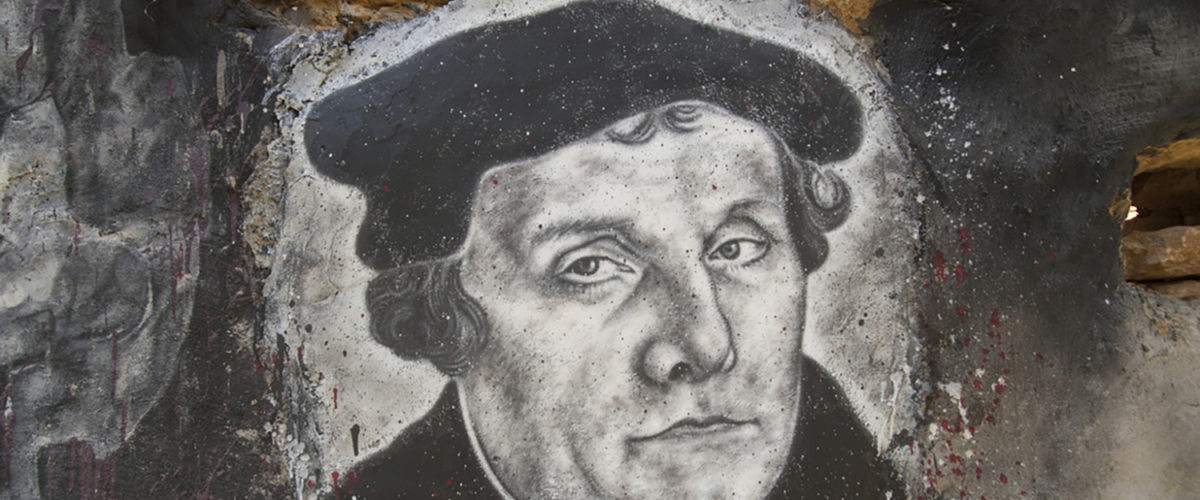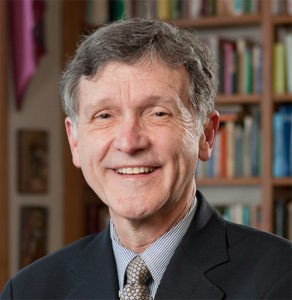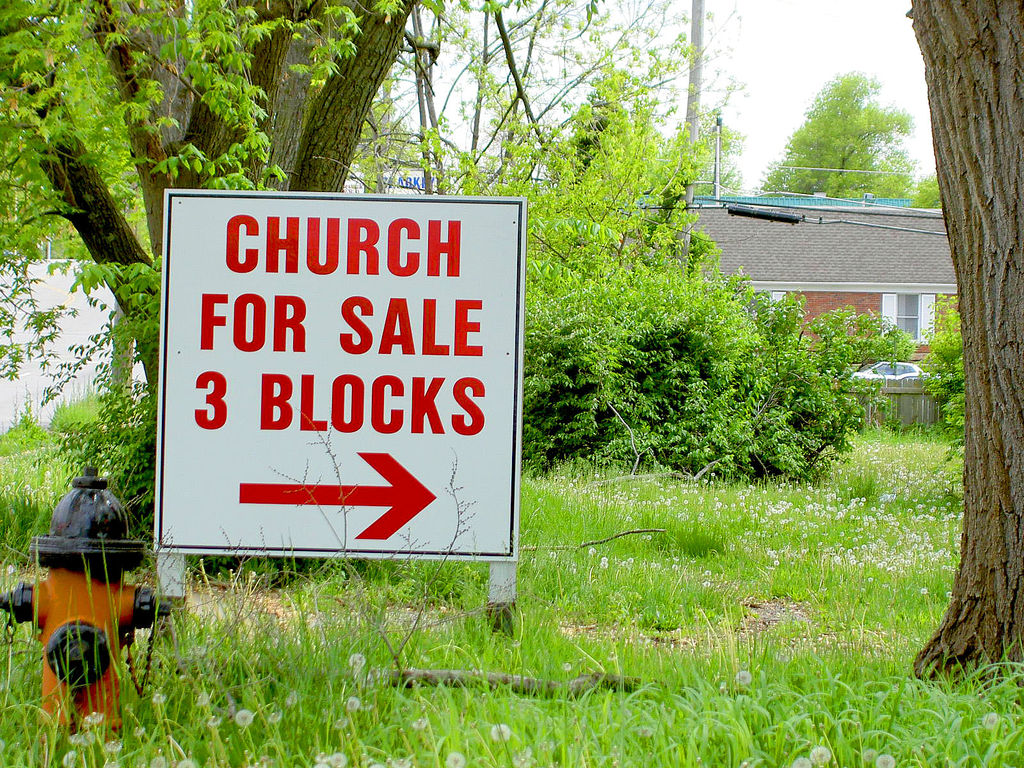Happy birthday, Protestants. This week marks 500 years since Martin Luther’s actions sparked the Protestant Reformation.
But is anyone really celebrating? Church historian Bill Leonard says yes, some are.
Leonard, a professor at Wake Forest University School of Divinity in Winston-Salem, N.C., said he has been invited by a number of Baptist congregations recently to preach at their Reformation Day anniversary services.
But many churches are not celebrating, Leonard added. The fact is, a lot of Christians have simply moved on from the Protestant brand name.
“There’s not a lot of emphasis on the Reformation in many churches,” Leonard said.
“It seems to be that Christians in general, and Protestants in particular, are having difficulty with their identity — who are we, what do we believe and what traditions do we cling to?”
And of course, there are fewer Protestants to go around these days — a fact that just about any church leader can confirm based on declines in worship and membership in that stream of Christianity in recent years.
There’s plenty of hard data to document that.
Just in time for Reformation Day, the Pew Research Center posted an article listing five key facts about Protestants around the globe.
One of them: Protestants make up 37 percent of the world’s Christians. That’s well behind Catholics, who make up 50 percent, Pew added, but significantly ahead of Orthodox Christians at 12 percent.
Most — 87 percent — Protestants live in the Southern Hemisphere. In 2010, there were more Protestant Christians in Nigeria than in Germany, where the movement began, Pew said. The largest percentage, at 20 percent, live in the United States.
But those numbers also are shrinking.
“The share of Protestants among U.S. adults is in decline, falling from 51 percent in 2007 to 47 percent in 2014,” Pew reported.
While the decline of Mainline Protestant groups has been well documented, other groups, including evangelical and conservative churches, have also taken a hit.
“This downward trend is part of a broader decline in the share of Christians in the U.S.,” Pew said. In 2007, 78 percent of adults identified as Christians compared to 71 percent in 2014.
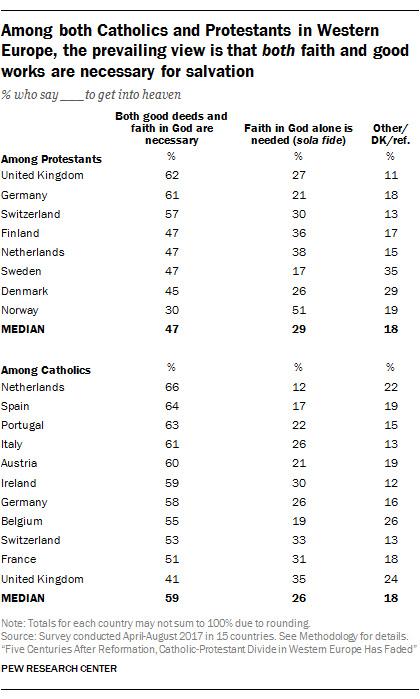 “Net losses for Christians have meant net gains for religiously unaffiliated adults,” according to the Pew study.
“Net losses for Christians have meant net gains for religiously unaffiliated adults,” according to the Pew study.
But that is not the case in Latin America, where Protestantism is enjoying a sharp increase, thanks in large part to the surge of Pentecostalism there.
Leonard said Catholics in Latin America are increasingly drawn to Pentecostalism “because of its emphasis on feelings. It’s a faith that you can feel.”
But in the U.S., the decline in denominational identity has contributed to a de-emphasis on the Reformation. It’s no longer as important to Protestant Americans that they be clearly differentiated from Catholics, Leonard said.
“These lines have been increasingly blurred or ignored now.”
Where that distinction remains important is among Calvinist Christians.
“In some ways, Calvin more than Luther is keeping Reformation approaches [alive] in many 21st century churches,” Leonard said.
Meanwhile, there are voices calling for a recasting of the faith traditions.
“The decline of Protestants and Catholics is leading some folks to say a new reformation is in order — that the old ideas have become less viable as a way of explaining the gospel in the 21st century.”
Related news:
Unlike some Christians, Lutherans still all-in on Protestant identity
Related opinion:
The Reformation: Going back to the basics | Nora Lozano
Are Baptists still reforming? | Molly T. Marshall
‘Out of love for the truth:’ The Reformation at 500 | Bill Leonard
‘Exsurge Domine’: Pursuing Re-formation | Bill Leonard
Related curation:
Three surprising ways the Protestant Reformation shaped our world
After 500 years, Reformation-era divisions have lost much of their potency

